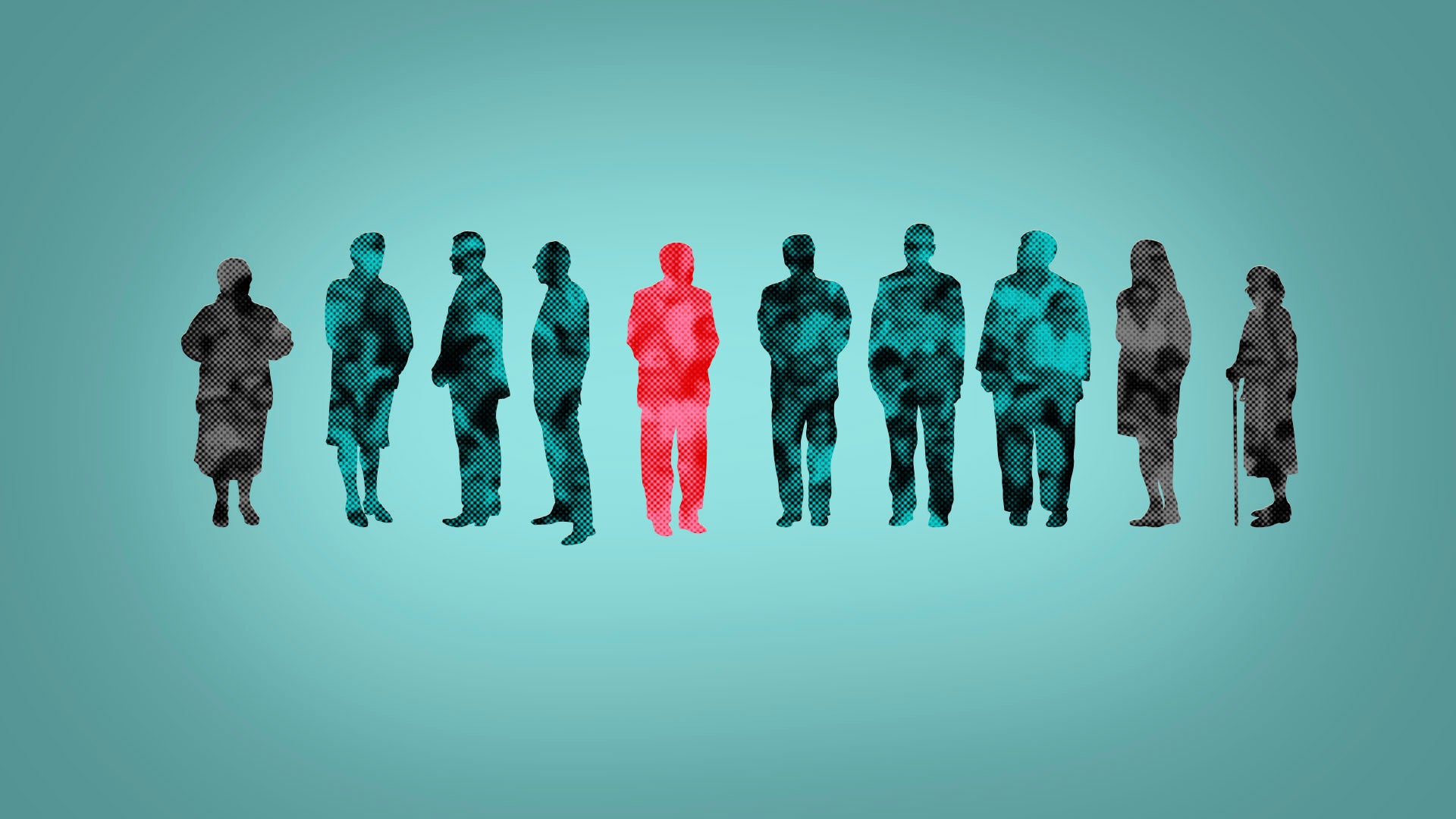Is omicron leading us closer to herd immunity against COVID?
Experts say it's not likely that the highly transmissible omicron variant — or any other variant — will lead us closer to herd immunity against COVID-19

Your support helps us to tell the story
From reproductive rights to climate change to Big Tech, The Independent is on the ground when the story is developing. Whether it's investigating the financials of Elon Musk's pro-Trump PAC or producing our latest documentary, 'The A Word', which shines a light on the American women fighting for reproductive rights, we know how important it is to parse out the facts from the messaging.
At such a critical moment in US history, we need reporters on the ground. Your donation allows us to keep sending journalists to speak to both sides of the story.
The Independent is trusted by Americans across the entire political spectrum. And unlike many other quality news outlets, we choose not to lock Americans out of our reporting and analysis with paywalls. We believe quality journalism should be available to everyone, paid for by those who can afford it.
Your support makes all the difference.Is omicron leading us closer to herd immunity against COVID-19?
Experts say it's not likely that the highly transmissible variant — or any other variant — will lead to herd immunity.
“ Herd immunity is an elusive concept and doesn’t apply to coronavirus,” says Dr. Don Milton at the University of Maryland School of Public Health.
Herd immunity is when enough of a population is immune to a virus that it’s hard for the germ to spread to those who aren’t protected by vaccination or a prior infection.
For example, herd immunity against measles requires about 95% of a community to be immune. Early hopes of herd immunity against the coronavirus faded for several reasons.
One is that antibodies developed from available vaccines or previous infection dwindle with time. While vaccines offer strong protection against severe illness, waning antibodies mean it's still possible to get infected — even for those who are boosted.
Then there's the huge variation in vaccinations. In some low-income countries, less than 5% of the population is vaccinated. Rich countries are struggling with vaccine hesitancy. And young children still aren't eligible in many places.
As long as the virus spreads, it mutates — helping the virus survive and giving rise to new variants. Those mutants — such as omicron — can become better at evading the protection people have from vaccines or an earlier infection.
Populations are moving toward “herd resistance,” where infections will continue, but people have enough protection that future spikes won't be as disruptive to society, Milton says.
Many scientists believe COVID-19 will eventually become like the flu and cause seasonal outbreaks but not huge surges.
___
The AP is answering your questions about the coronavirus in this series. Submit them at: FactCheck@AP.org. Read more here:
Can you get long COVID after an infection with omicron?
How many times can I reuse my N95 mask?
When am I contagious if infected with omicron?